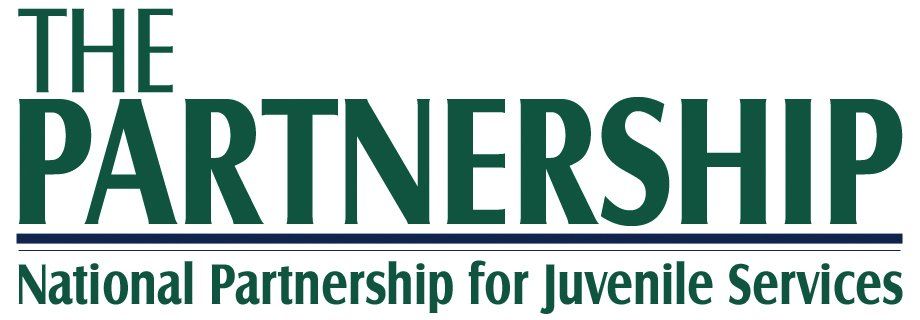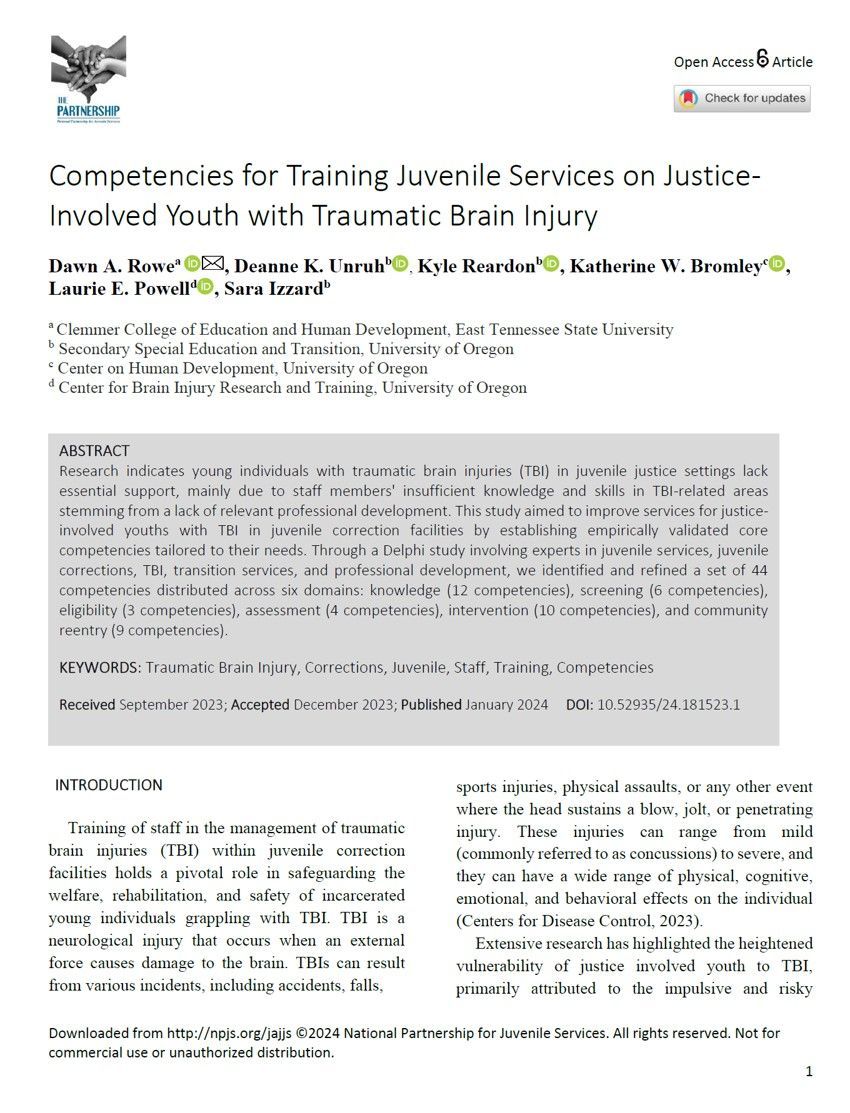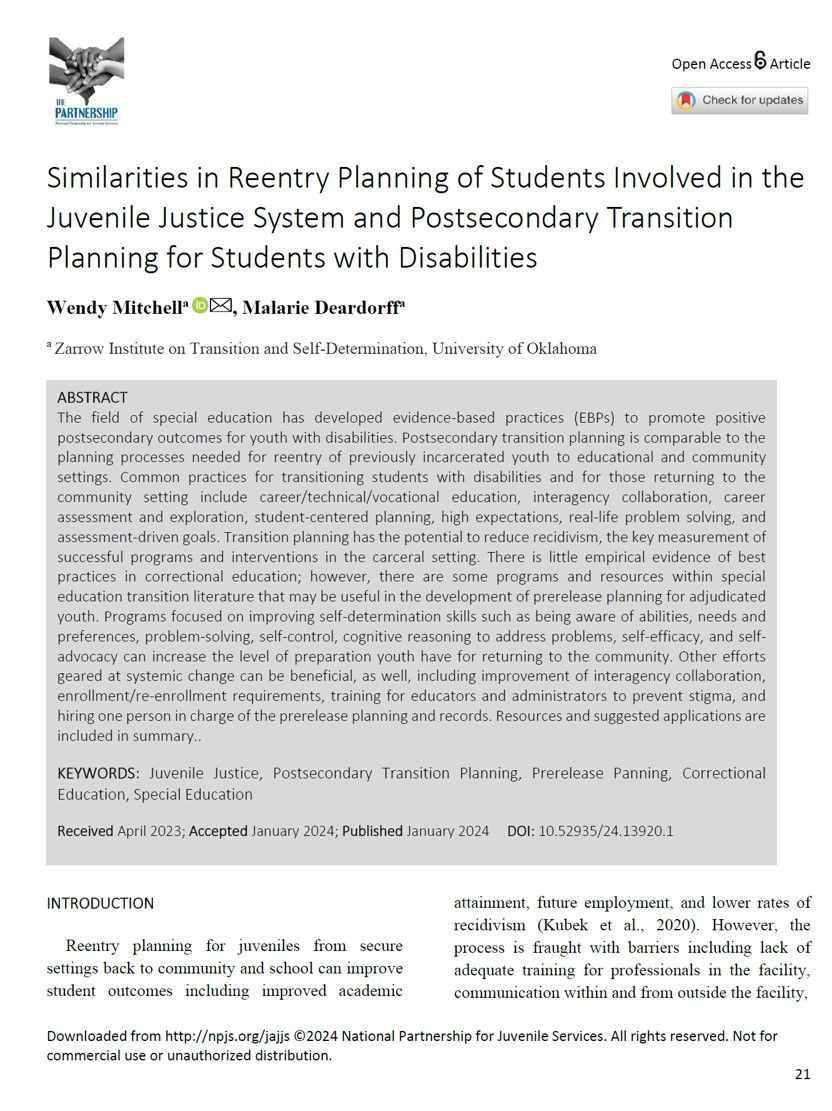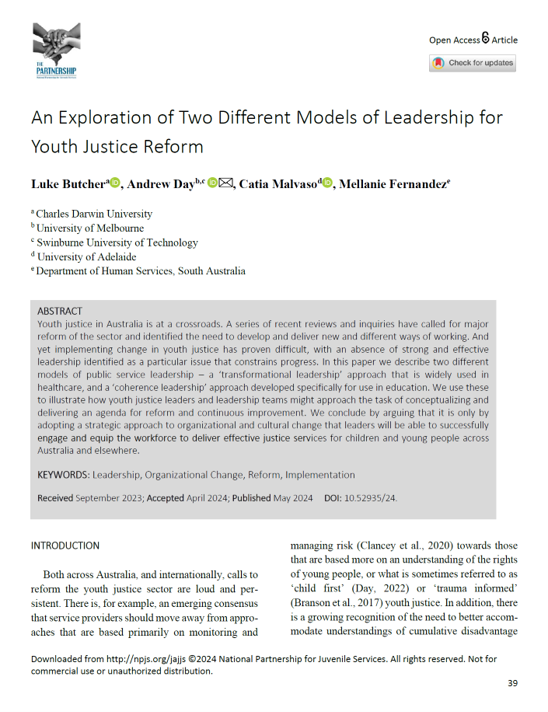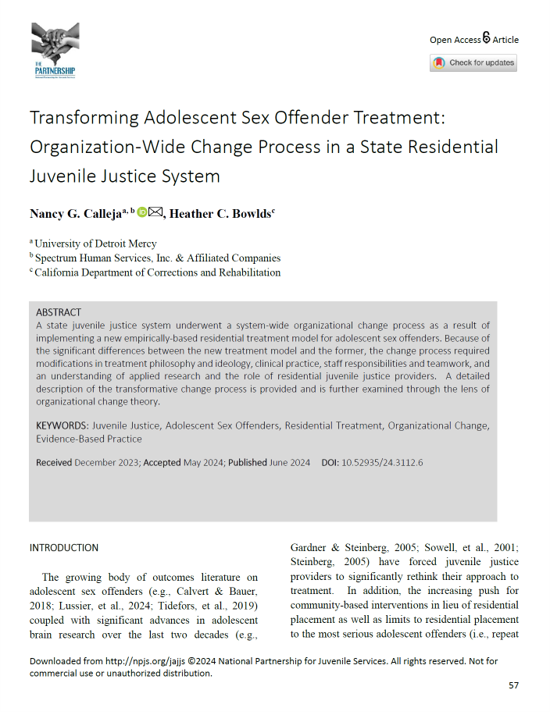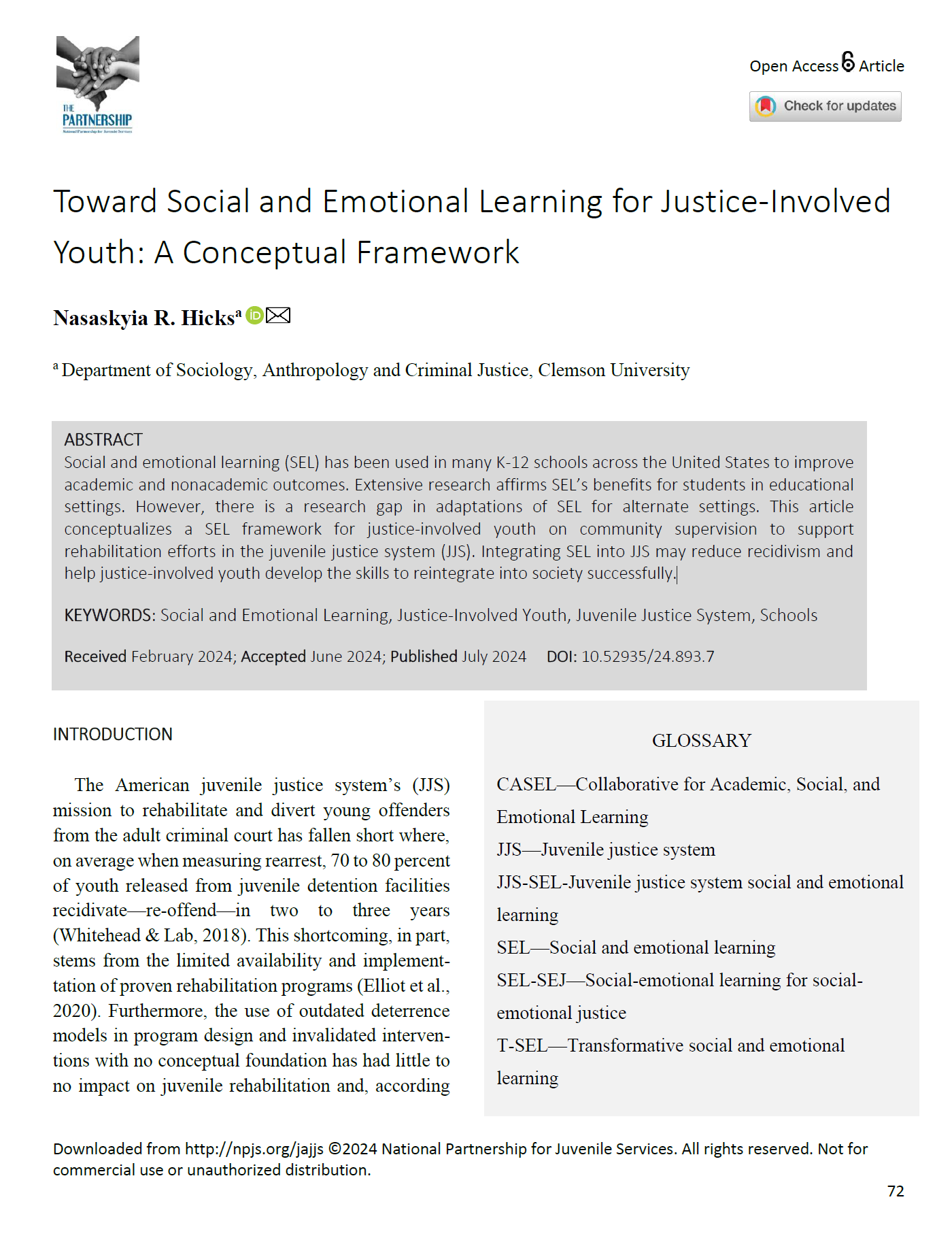The field of special education has developed evidence-based practices (EBPs) to promote positive postsecondary outcomes for youth with disabilities. Postsecondary transition planning is comparable to the planning processes needed for reentry of previously incarcerated youth to educational and community settings. Common practices for transitioning students with disabilities and for those returning to the community setting include career/technical/vocational education, interagency collaboration, career assessment and exploration, student-centered planning, high expectations, real-life problem solving, and assessment-driven goals. Transition planning has the potential to reduce recidivism, the key measurement of successful programs and interventions in the carceral setting. There is little empirical evidence of best practices in correctional education; however, there are some programs and resources within special education transition literature that may be useful in the development of prerelease planning for adjudicated youth. Programs focused on improving self-determination skills such as being aware of abilities, needs and preferences, problem-solving, self-control, cognitive reasoning to address problems, self-efficacy, and selfadvocacy can increase the level of preparation youth have for returning to the community. Other efforts geared at systemic change can be beneficial, as well, including improvement of interagency collaboration, enrollment/re-enrollment requirements, training for educators and administrators to prevent stigma, and hiring one person in charge of the prerelease planning and records. Resources and suggested applications are included in summary.
